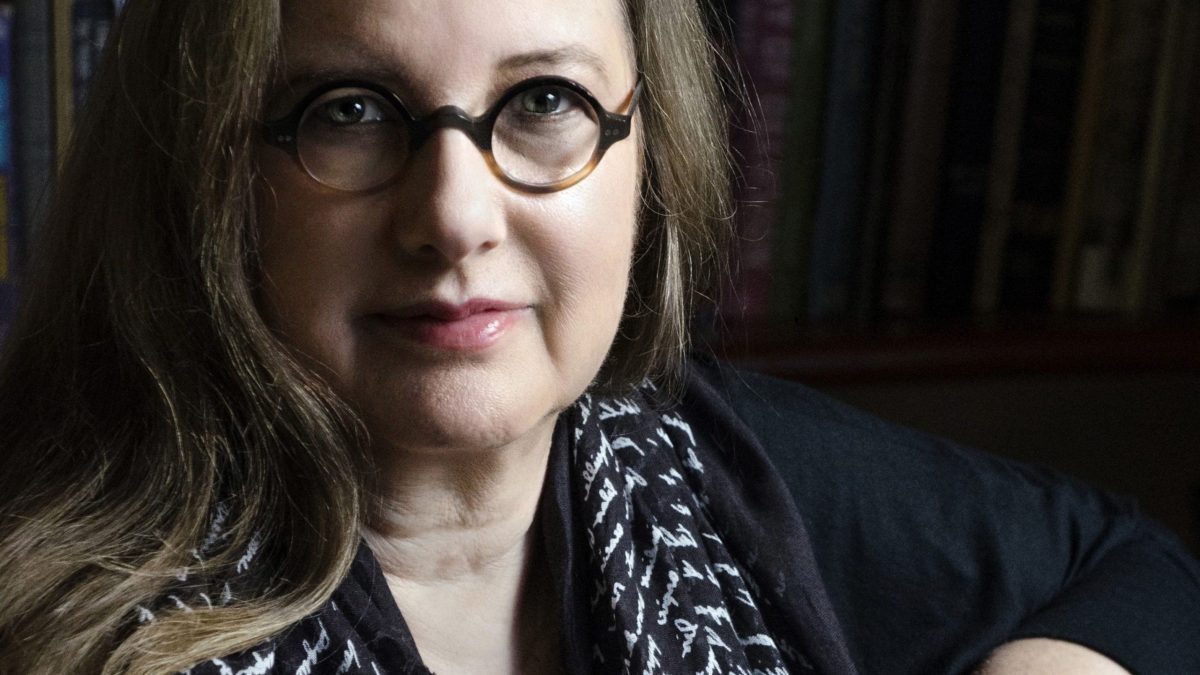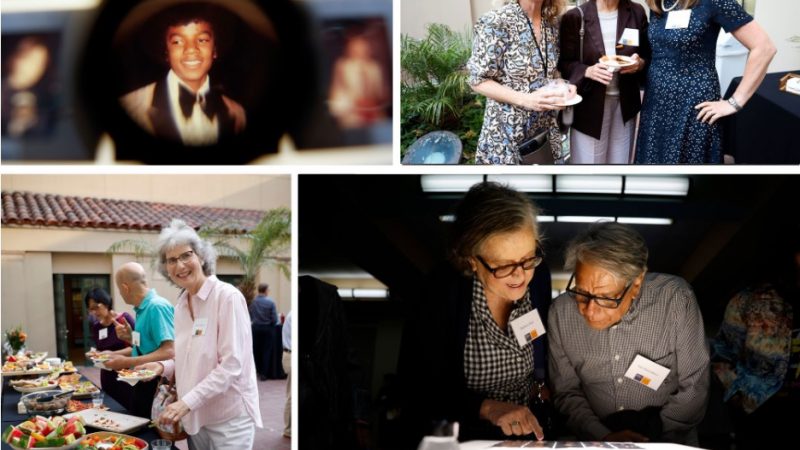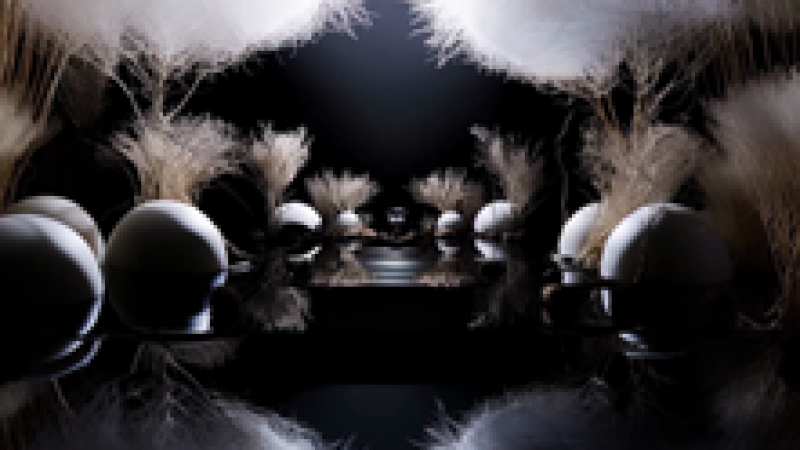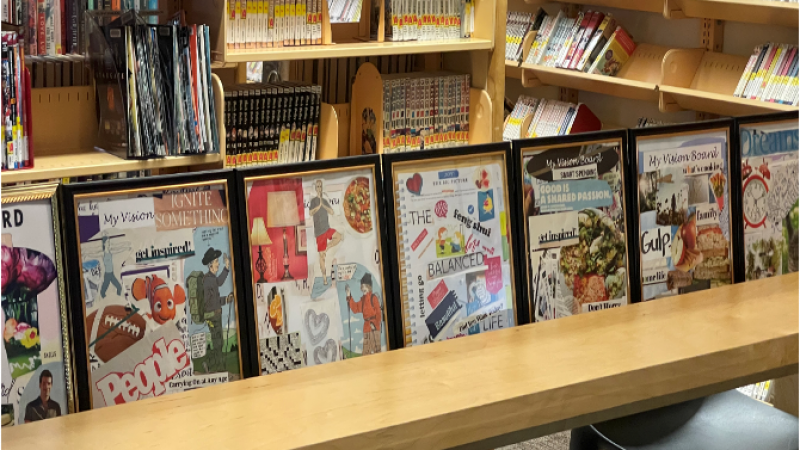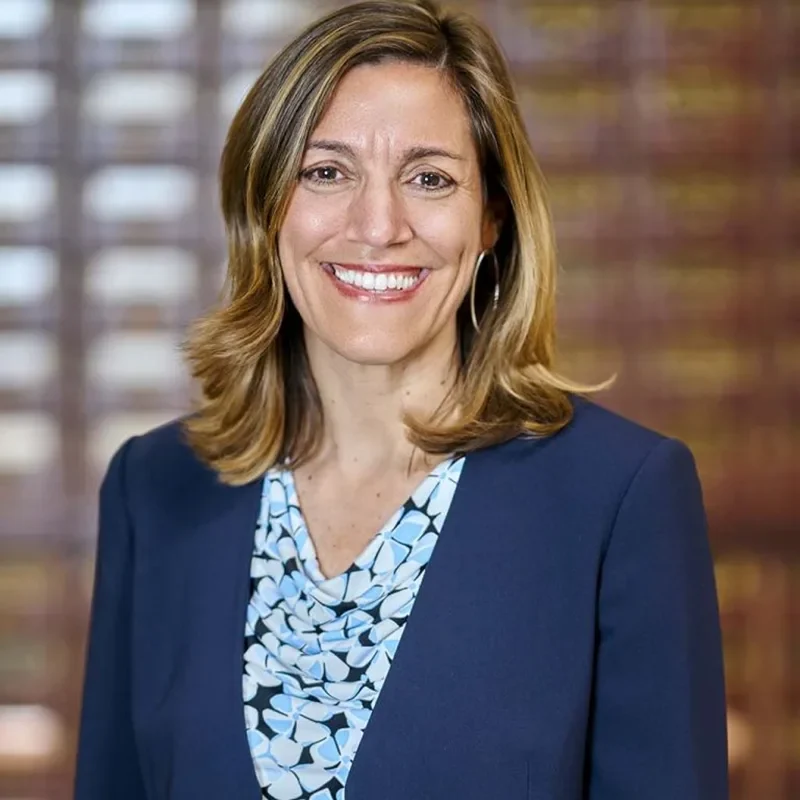“Rocking on the razor-musseled bay, lulled by the sleepy toll of buoy bells, the music of rigging, the eloquent stanzas of the waves, I wait for news from the sea,” begins Janet Fitch’s new novel. After this rhythmically-charged opening, it’s no shock that this story centers around a poet, but it may surprise fans of Fitch’s past work (White Oleander and Paint It Black) that her new book, The Revolution of Marina M., is an 800-page sweeping historical saga set during the Russian Revolution. Fitch, who was born and raised in Los Angeles, grew up an avid reader under the spell of Dostoyevsky. After the wild success of her bestselling books that have been translated into 28 languages and made into feature films, Fitch harkens back to her first literary love for her latest work.
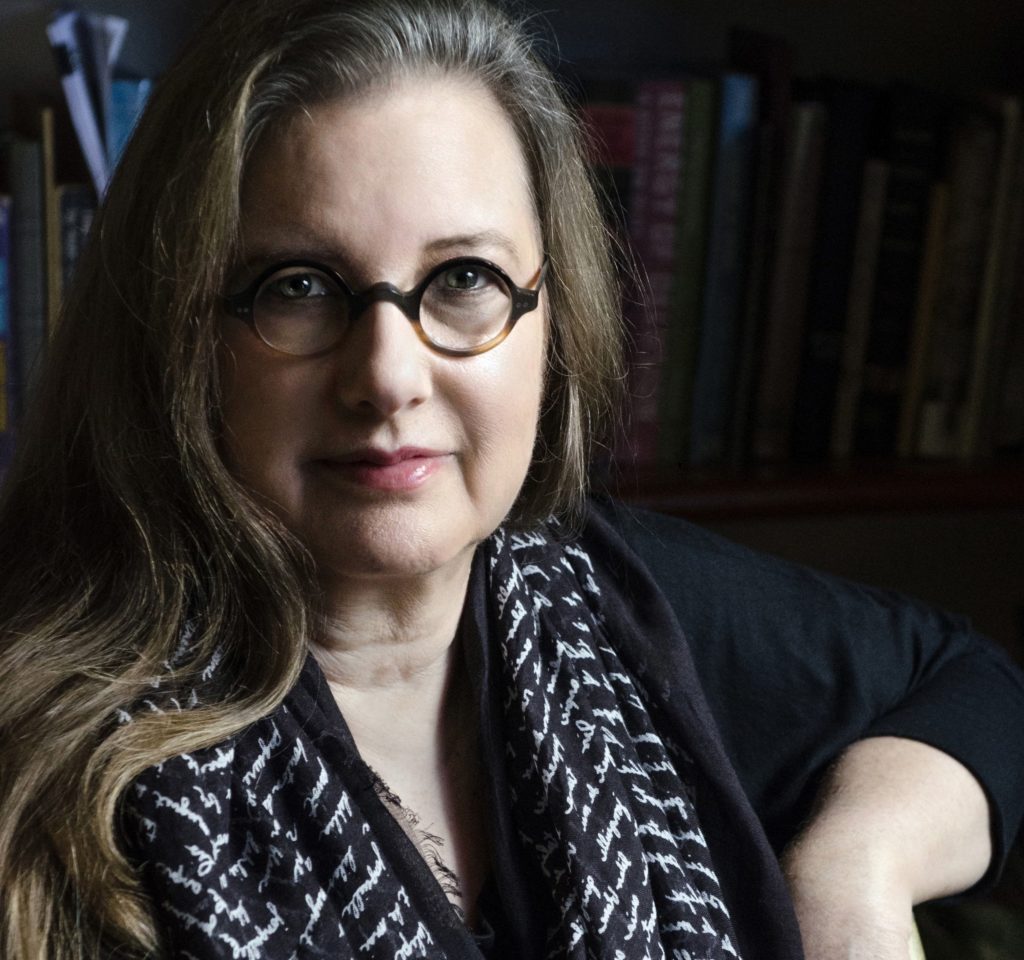
Marina M. begins on New Year’s Eve in 1916 St. Petersburg, and follows a young woman of privilege who aches to break free of the constraints of her genteel life, a life about to be violently upended by the vast forces of history. Before Fitch visits ALOUD on November 16, we spoke about how history, poetry, and a fierce female protagonist fueled this powerful epic.
Your new book travels to a far and distant place in time. What first inspired you to go on this journey?
Fitch: It was born when I was in junior high here [Los Angeles]—I went to John Burroughs Middle School. Back then the boys got to read 20,000 Leagues Under the Sea and the girls got Cress Delehanty and Cherry Ames, Student Nurse. I came home devastated that they thought this was all we were good for. I was so upset and my father went to our shelf at home and pulled out a book and it was Crime and Punishment—and there was my junior high world with the angst and the guilt and the sudden ill-planned actions. The book exploded in my hands, and for me that was what a novel should be. So I took Russian in high school and when I went to college I majored in history and Russian history was my field. I often have Russian characters in my books because Russian literature was everything to me.
It’s always challenging to write something influenced by the great literature you love, but especially so when that model is epic in scope. You worked on this book for 10 years—what was that process like?
Fitch: I had written a story about a woman who had been an émigré from the Russian Revolution, set in L.A. in the early 20s, called “Room 721.” When I tried to write more about her, I realized I needed to go back and live through the Revolution with her to see the forces that shaped her. The Revolution is not something that people write about very much—they write more about the Second World War. Once I started researching, I realized why—there aren’t clear good guys and bad guys and there are all kinds of issues in a great vortex of social and personal issues. For me, history is most interesting when seen through the eyes of somebody living through it rather than someone who is at the top and making policy and looking down.
There’s a large presence of poetry in your books through your attentive ear to language. In this book, the main character is actually a poet and we get to read her poems. As a fiction writer, how has poetry influenced you?
Fitch: I think poetry is the crown of language. We prose writers tell stories and we incorporate language as we do it, hopefully in a very dedicated way, but poets are the standard bearers of what language can do. In a revolutionary time, when things change so quickly, you get poetry because poets can respond to dramatic sudden change that fiction generally can’t. There’s an immediacy to it that I really like.
Although the subject matter here is very different from your other books, they all feature very strong female characters. How does character development shape your writing?
Fitch: I’m very interested in individuals in difficult situations that gives them a chance to discover who they really are and how they are going to understand their situation. Are they going to let it submerge them? Or are they going to try to find their way through? Each character that I use as a protagonist has to have certain qualities—they have to be the equal of their situation. A character that capitulates easily doesn’t make a good protagonist. In this one, I had to create a character ready to live through a revolutionary age.
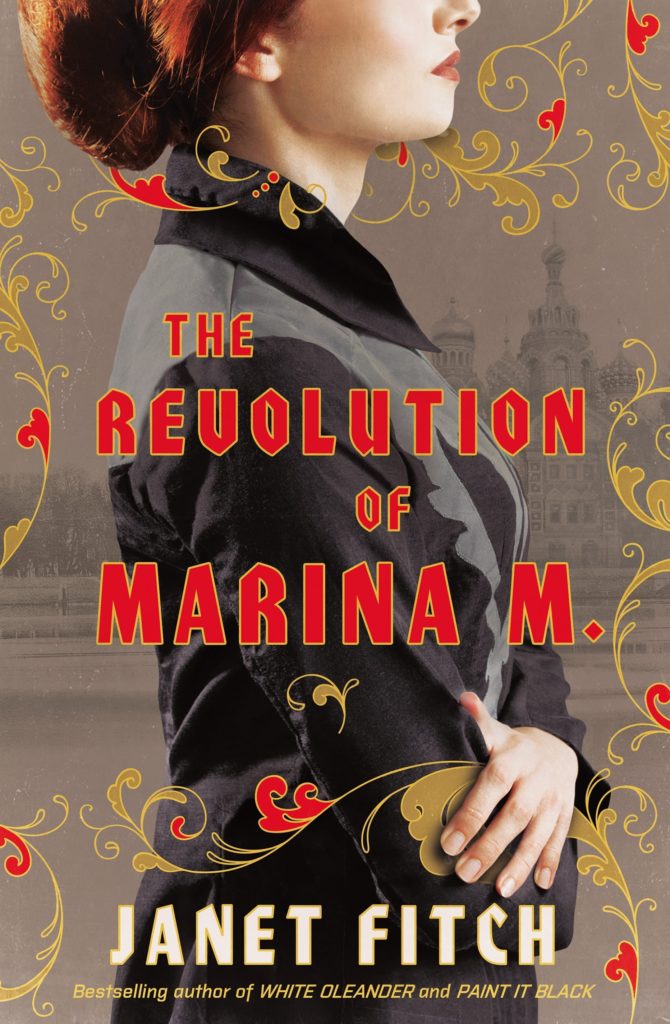
Thursday, November 16, 7:15 PM
The Revolution of Marina M.
Janet Fitch
In conversation with Boris Dralyuk, Executive Editor of the Los Angeles Review of Books
Reservations: lfla.org/aloud
Save
Save
